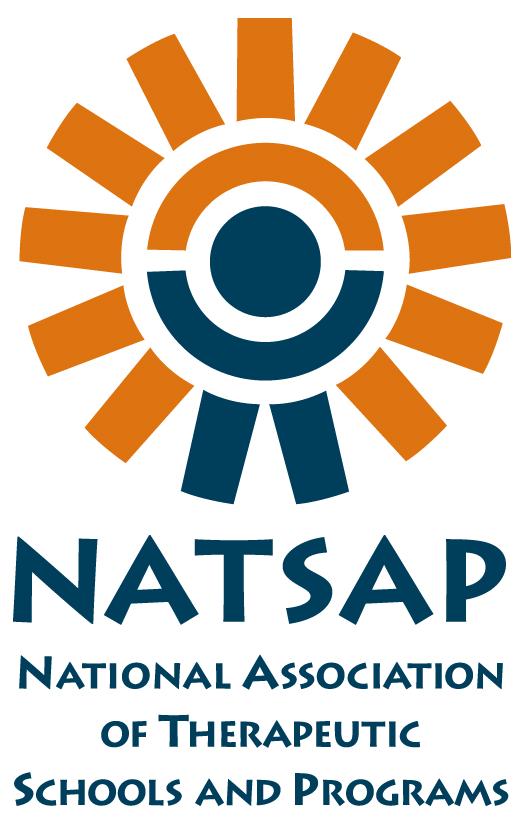What is Bullying? According to the American Psychological Association, Bullying is a form of aggressive behavior in which someone intentionally and repeatedly causes another person injury or discomfort. Bullying can take the form of physical contact, words or more subtle actions. The bullied individual typically has trouble defending him or herself and does nothing to “cause” the bullying.
What is Aggression? Merriam-Webster defines aggression as injurious and hostile behavior; the practice of making attacks; a forceful action especially when intended to dominate or master.
Forms of Bullying
- Physical – hitting, pushing, spitting
- Verbal – name-calling, teasing, rumor spreading
- Non-verbal – gestures or mocking; excluding from social activities
- Cyber – threatening or mean voice, text or instant messages and emails; sexting; posting embarrassing photos; spreading rumors using online social media
In recent years with readily available technology, namely cells phones, cyber-bullying is becoming an increasing problem as a form of teen violence. The statistics are alarming. According to studies by i-SAFE, Harford County Examiner and Cyberbullying Research Center approximately half of teens and adolescents have experienced cyberbullying.
The American Psychiatric Association, Diagnostic and Statistical Manual of Mental Disorders (DSM-IV) does not have a diagnosis for aggressive behaviors; however, there are many disorders that have aggressive behavior as a symptom including Oppositional Defiant Disorder (ODD), Conduct Disorder, Attention-Deficit Hyperactivity Disorder (ADHD) and others.
Bullying and aggressive behavior typically occurs in places where there is a lack of adult supervision. Bullying behavior is often reinforced by peers. Teens that exhibit bullying and aggressive behavior need to learn to behave properly and to understand why they hurt others.
Triumph Youth Services offers a small, highly structured family environment for youth. This family-like community promotes a social environment that takes on both therapeutic and healing properties instead of enforcing negative behaviors.
Triumph Youth Services uses a Cognitive Behavioral Therapy (CBT) in individual therapy combined with group and family therapy to treat each youth’s issues. CBT helps the teen understand the relationship between thought patterns and behavior.
Triumph Youth Services provides a daily Life Skills Group. The goal of our Life Skills Group training program is to teach the student a new set of responses to social situations, as well as how to integrate his behavior with others in the environment. Our staff members are trained and encouraged to be effective leaders by serving as teachers or coaches who hold the young men responsible for working on problems and to act as limit setters and good listeners. This includes consistent group counseling and peer mentoring, which are crucial for helping teens develop problem solving skills, learn to control impulses and anger and change behavior.
In addition to the therapy, the Positive Peer Culture utilized in Triumph Youth Services facilities help the youth process their issues and build skills for their own personal progress. This includes consistent group counseling and peer mentoring, which are crucial for helping teens learn appropriate behaviors and change thinking patterns.
Our staff members are trained and encouraged to be effective leaders by serving as teachers or coaches who hold the young men responsible for working on problems and to act as limit setters and good listeners.
The clinicians at Triumph Youth Services are highly trained and have extensive experience working with adolescent youth. Our clinicians are licensed and approved as mental health professionals to provide individual, group and family therapy.














